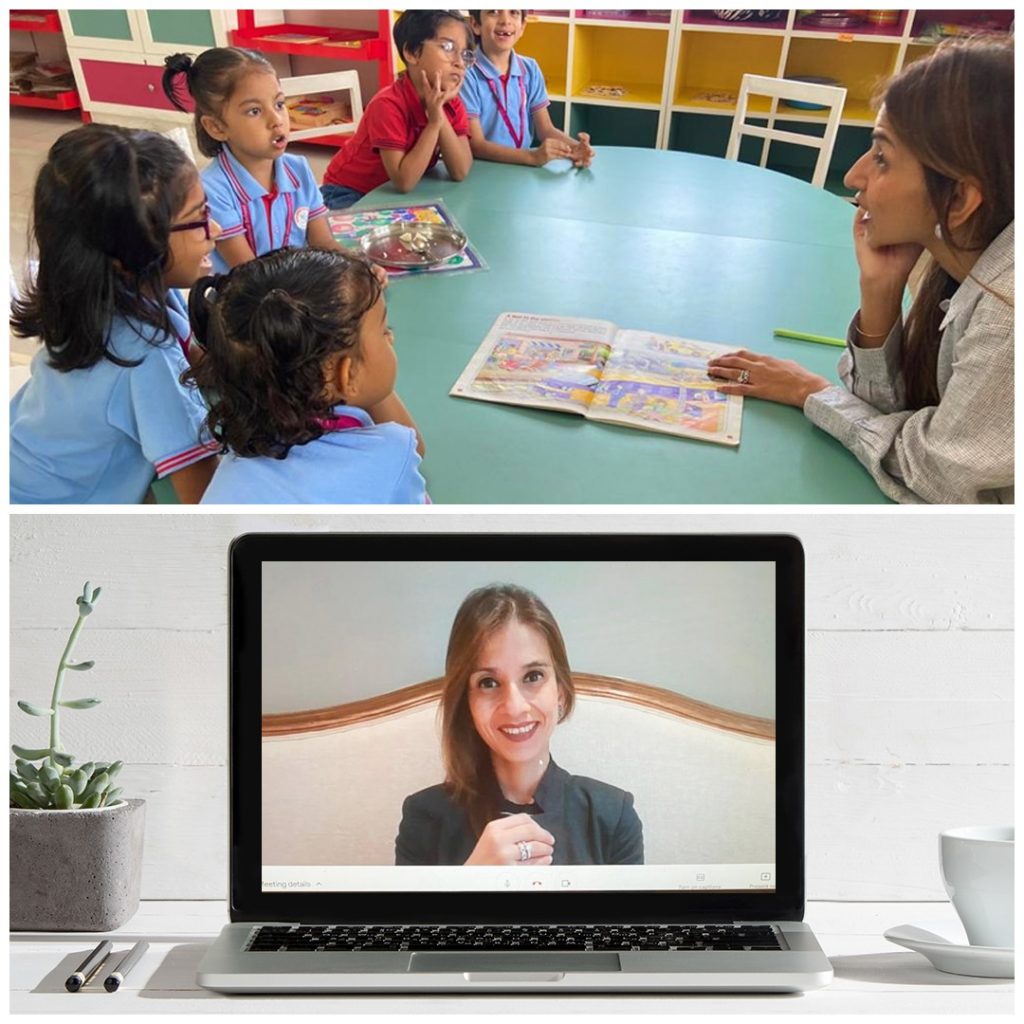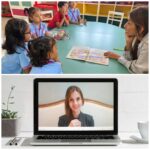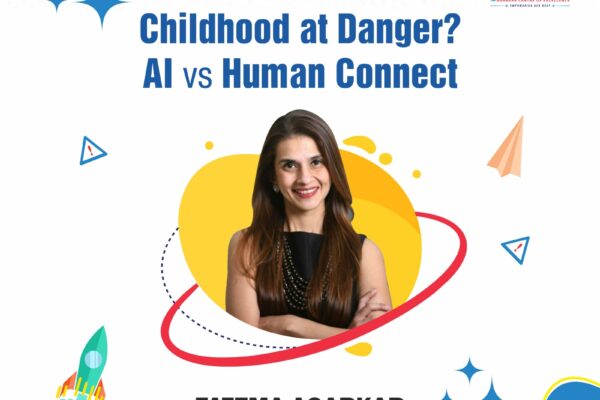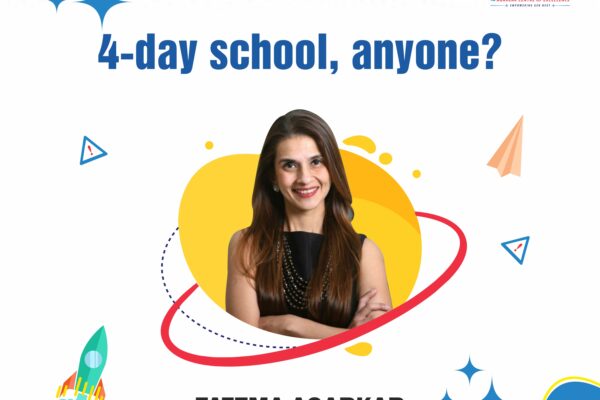The last 3 days have reported that in many cities world-over, and many states in India school closure after re-opening is inevitable, or continued school closure for the year (depending on which part of the world or country you reside in), although pre-Diwali in India, there was hope that the High schoolers (Grades 9 to 12) would be back with access to their campus with all social distancing norms followed of course. With Maharshtra announcing school closure till the 31st of December yesterday as has been the decision in Gujarat and Rajasthan, students across grades, have in effect, been in some form of virtual engagement as part of the new normal schooling experience for most parts of the academic year now.
The debate and discussions about declaring 2020-21 a ‘gap’ year have led to an acceptance of ‘virtual schooling’, embracing technology and optimising its usage. I was amazed at how easily many succumbed to the pressure of dismissing it as a ‘write-off’ year, instead of finding ways to resolve or salvage in the initial months of lockdown. How does one ‘write-off’ a year? And if one were to deep dive into the science behind ‘gap’ years, one would understand that these are meant to be great learning experiences especially for skill development that undergraduate students take on.
Is this an ideal K-12 school year? Almost rhetoric as a question now but I think way too much time was spent in court rooms than a collaborative effort by adults (educators and parents) to find a mid path for students as far as fees, timings and expectations are concerned. The students, however irrespective of their age or year-block emerged to adapt, become resilient, maintained their wits about them as they navigated a world they were unfamiliar with. They did this with the best possible level of concentration and discipline that can be imagined. Each year-block has different developmental needs, and depending on their level of maturity, and experience, children simply ‘got-on’.
Virtual engagements, on-line or remote learning required a different kind of handling, and educators and teachers learnt to adapt as well. In fact juggling both personal and professional roles required a lot of effort but there emerged a desire to ‘make – the – best’ of what was at hand and work towards treating this year as a year of learning – socio emotional, life skills and yes yes all the functional and ‘learning’ objectives we have defined as part of the syllabus.
The community of educators by and large have treated this year as an opportunity to re-think, re-visit, evaluate and restructure a lot of what they did in the physical world. More in-depth work, more need to skill-up and more time spent collaborating than ever before. In fact plenty of creativity (technology does make it happen seamlessly), more conversations with students and allowing children to emerge more independent and take ownership for their work.
Parents coped too. Coped with their commitments, and making sense of the expectations and their role for mentoring their children at home. Faced with crazy schedules, they adapted with patience, tolerance and of ‘letting-go’ for most parents at least (Still concerned how some continue to micro manage their children by giving off answers to the assessments underway – remember parents, you have finished your school and have all your cherished report cards, the ones now belong to your children for their efforts, and showcasing what they have understood).
For me, that’s been the best possible outcome as students are learning to manage themselves with their own struggles and challenges, and learning to ‘accept’ and find solutions. And doing it day in and day out, in the bargaining gaining valuable experience of how to manage.
Someone asked me last evening about ‘reduced’ content as part of the ‘syllabus’. My answer is simple. We have taught these children life skills that will make them much stronger, we have given them roots to understand themselves and expectations and as adults – as educators and parents, we have also given them the empowerment to ‘work-it-out’ thereby creating problem solvers, thinkers and balanced individuals and if one truly reflects about what’s happened in the past 8 months – the skills that have helped most ‘get-over-the-line’ are the skills that these children have experienced. Have a good look around you – some are swimming with their heads above effortlessly and creating bottom line records for their companies, some have improvised to a different level of existence and some simply, need more time. Which one do you think you want your children to be part of 15 years from now?
While staring at a second/third wave, and governments reporting of vaccines coming through by March/June, we may have to recognise that the world of tomorrow will now adopt a new avatar and all the learnings of these past 8 months must become foundational grounds for more research, blending learning and thinking about making curriculum relevant and skill based in this country.
As a nation, our greatest strength is resilience and we seem to bounce back from just about anything, and I hope while the need to ‘normalise’ physical world access is critical, using the lessons of this time spent in lockdown will lead to more success and creativity in the teaching- learning. There’s a reason wise men say, history repeats itself when one does not respect. We have as a community world-wide lost so much, why would we not treat it as an opportunity to re-write history instead?
And re-write it through our children and providing them with the necessary skill sets to do so. And these cannot be ‘knowledge’ or a collection of facts but true learning.
Year of Opportunity, if you allow your mind to think about growth.












